Right to health
Showing 1 to 30 of 39 results

One step closer to prioritizing human rights over Big Pharma profits
A joint effort between CESR and allies was influential in a recent declaration by CERD, which puts pressure on States to lift intellectual property barriers for the sake of people’s rights.

The right to health vs. the market: Rejecting the false dichotomy
A ruling from South Africa’s Constitutional Court shows how a Rights-Based Economy can give everyone the resources they need to prosper and guarantee their rights.

United Nations addresses the WTO on vaccines & racism after request from CESR and partners
The UN’s Special Rapporteur on Contemporary Forms of Racism called upon States to use all tools at their disposal to bring an end to vaccine inequity and its racially disparate impacts.

The right to health of miners in Botswana
This brief case study examines the use of OPERA, CESR’s research framework, to assess the right to health of miners and ex-miners in Botswana.

Global Civil Society Petitions UN to Investigate Discrimination in Vaccine Roll-Out
A broad coalition of public health experts, human rights law groups, and organizations -including CESR- have taken legal action against the US, UK, Germany, Norway, and Switzerland due to an inequitable and racially discriminatory rollout of the COVID-19 vaccine.

Urgent Appeal to Ensure Equitable and Universal Vaccine Access
As a part of ESCR-Net, CESR delivered a 63-page urgent appeal to Special Procedures at the United Nations to ensure equitable and universal COVID-19 vaccine access.

Time for a Human Rights Injection Against Vaccine Nationalism
Wealthy countries and their pharmaceutical companies have shown themselves too selfish to be politely persuaded to show solidarity with those on the other side of the vaccine divide. It’s time to deploy a fuller arsenal of tools to compel them to cooperate as a matter of justice and human rights.
COVID-19: Resourcing Rights | December Round-Up
As this tumultuous and difficult year comes to a close, there is positive news on the horizon. Just last week, the first country launched its national COVID-19 vaccination campaign, with other countries set to follow suit within weeks. There is an end to the pandemic in sight - for some.
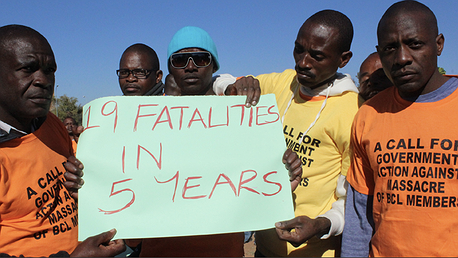
All Risk and No Reward for Botswana’s Miners
Drawing on two years of research and interviews with Botswanan miners, All Risk and No Reward describes how miners are denied access to quality healthcare and adequate and timely compensation for workplace injuries.
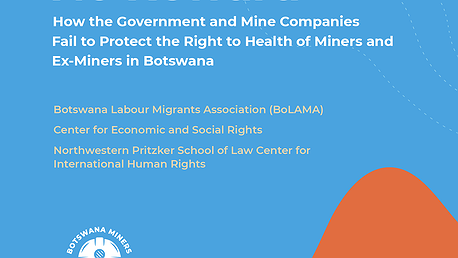
Publications, Reports & Briefings
All Risk and No Reward: How the Government and Mine Companies Fail to Protect the Right to Health of Miners and Ex-Miners in Botswana
CESR partnered with the Botswana Labour Migrants Association (BoLAMA) and Northwestern Pritzker School of Law Center for International Human Rights to investigate enjoyment of the right to health by the people who built Botswana’s wealth – miners and their communities.

Truths and Lies about this Pandemic: What are the Lessons for Health Rights and Social Justice?
In a blog for the Global Intiative for Economic, Social and Cultural Rights, former CESR board member Alicia Ely Yamin argues that the pandemic is not “a great equalizer” but rather an "x-ray" of preexisting social inequalities and rights violations driven by neoliberalism.

Fiscal Policy, Inequality and Human Rights in Peru
Peru's success story in terms of growth and poverty reduction requires a more nuanced evaluation, given persistent inequalities and the government's failure to guarantee social rights and ensure sustainable growth through sound fiscal practices. This short video offers two compelling examples of unjustified rights deprivations caused by the country's unfair fiscal and budgetary policies: the setbacks in bilingual intercultural education policy and the lack of adequate funding for cancer policies.
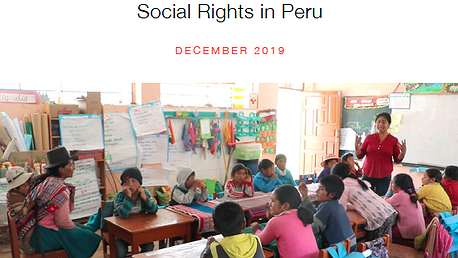
Resources Restricting Rights: Fiscal Policy, Inequality and Social Rights in Peru
Funding gaps for education and healthcare in Peru create significant obstacles to the guarantee of human rights and economic equality.
Highlighting Austerity, Gender and Tax Issues at IMF, World Bank Spring Meetings 2019
In April 2019, Kate Donald (the Director of CESR’s Economic and Social Policy program) attended the IMF/World Bank Spring Meetings in Washington, DC. While there, she shared CESR’s research in several meetings with IMF officials, including work on the relationship between tax policy and gender equality, along with civil society partners and allies.
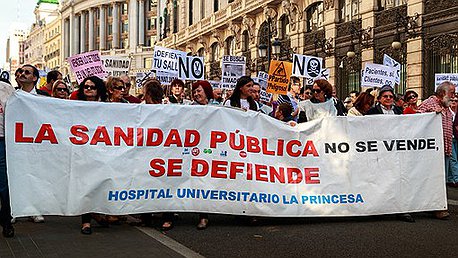
When human rights triumph over austerity: Spain restores universal health care
Spain’s new government ends the exclusion of undocumented migrants from health care, an austerity measure adopted by the former government.

Death by a million cuts: what future for the right to health in Italy?
Since 2012, Italian austerity policies have slashed public health spending by billions of euros, threatening accessibility and widening health inequalities. Are there alternatives?
Reducing inequalities through urgent action on WASH: SDG6 as an enabler for achieving the 2030 Agenda for all
"Reducing Inequalities through urgent action on WASH," an HLPF side-event co-sponsored by CESR, WaterAid, Water Supply & Sanitation Collaborative Council (WSSCC) and the governments of Bolivia, Canada, Mozambique and Nepal, will be held on Tuesday, July 10th, 2018, from 1:15-3:30 p.m., at the Japan Society, 333 E 47th Street, New York.

Overturning Austerity: Spain reestablishes universal access to healthcare
A sustained and coordinated fight by Spanish civil society and CESR obtained a promise from the new government to repeal a decree that deprived nearly one million the right to health.
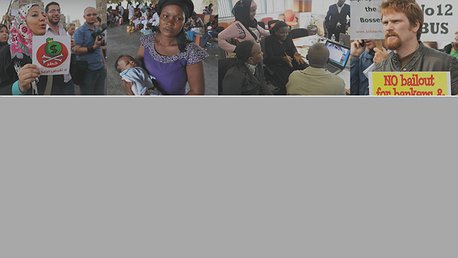
OPERA in Practice: Silenced Minds - The Systemic Neglect of Mental Health in Kenya
CESR and partners used OPERA to monitor the government's fulfillment of the right to mental health.
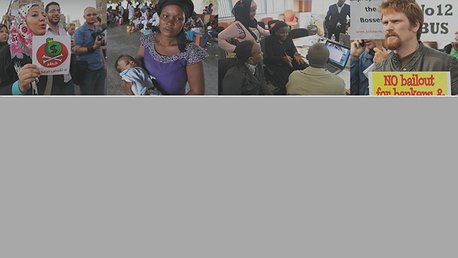
OPERA in Practice: Defending Reproductive Rights of Angolan Women
CESR and partners' submission to CEDAW about women's reproductive rights in Angola.
United Nations urges Spain to end detrimental austerity measures
Press release: UN Committee on Economic, Social and Cultural Rights calls for a more redistributive fiscal system that addresses rising economic and social inequalities
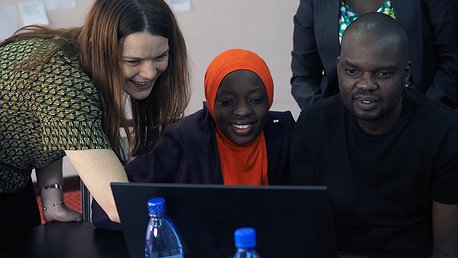
Made to measure? Using public policy guidelines as human rights benchmarks
Last month, CESR's Allison Corkery joined a group of practitioners and academics from diverse disciplines for a workshop organized by the Human Rights Methodology Lab.

Publications, Reports & Briefings
Egypt: Widespread rights retrogression exposed before UPR
The 11 briefing papers in this series were prepared by CESR and the Egyptian Center for Economic and Social Rights
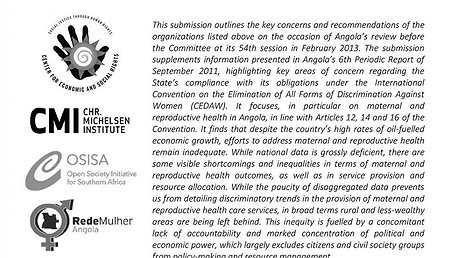
Taking Angola's maternal health record to task at the UN
As oil-rich Angola appears before the Committee on the Elimination of Discrimination Against Women, a new report throws light on maternal health failures in the country.
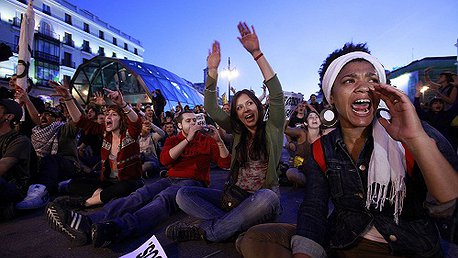
Immigrants’ rights in poor health: resisting cutbacks in Spain
Some 150,000 immigrants have lost their right to public health services under the latest cost-cutting measures implemented in Spain.
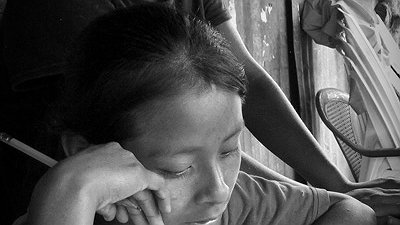
Maternal Mortality: Submission to the UN Office of the High Commissioner for Human Rights (OHCHR)
CESR's submission on best practices in addressing maternal mortality (2011).

Syria: Submission to UN Human Rights Council's UPR
CESR's joint submission with the Arab NGO Network for the 12th session of the Universal Periodic Review, October 2011.
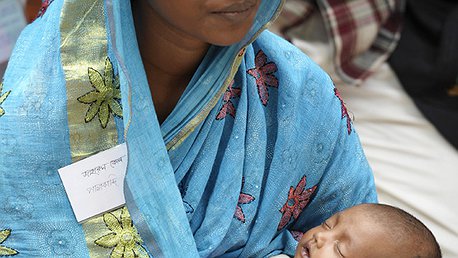
Sexual and Reproductive Health: Submission to UN Committee on Economic, Social and Cultural Rights (CESCR)
CESR's submission on the right to sexual and reproductive health, to be discussed by the Committee on Economic, Social and Cultural Rights during its 45th Session on November 15, 2010.
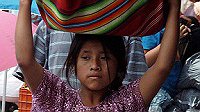
Guatemala: Joint Submission to the UN Human Rights Committee
Produced with Planned Parenthood abd the Multidisciplinary Group on Sexual and Reproductive Rights of Guatemala.

United States Factsheet
Despite its wealth, the United States has one the poorest records of economic and social rights achievement of all high-income countries.